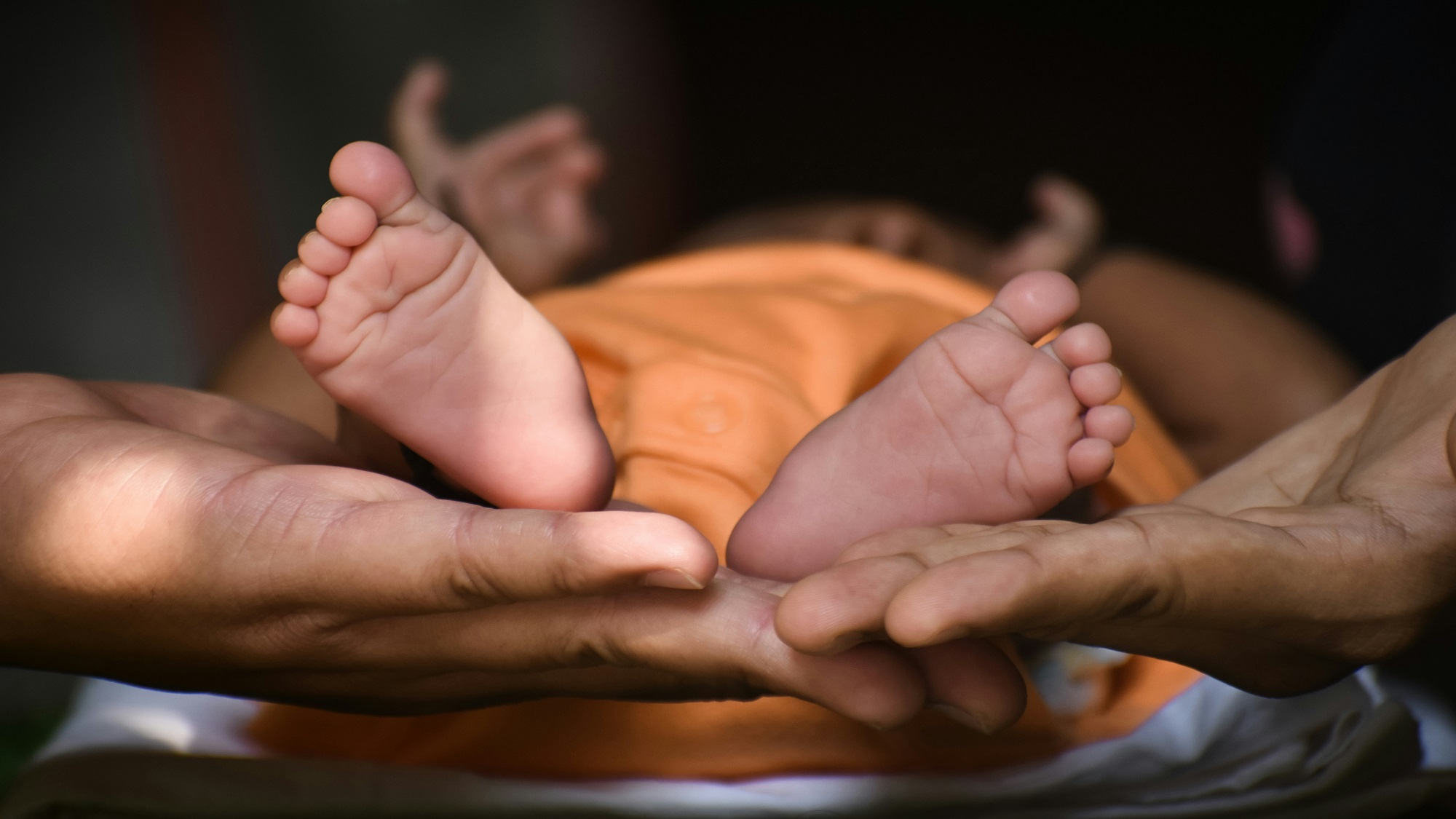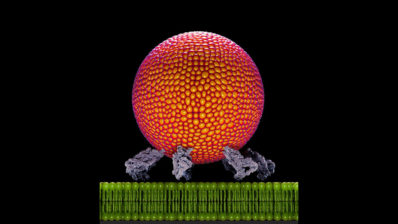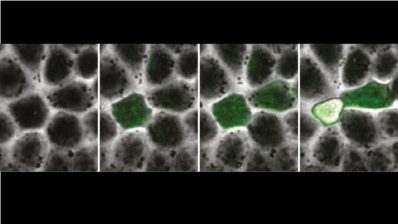The intestinal tracts of fetuses are sterile, but during and shortly after birth, the baby becomes colonized. The mother greatly contributes to the composition of the newborn’s microbiota, with approximately half of the baby’s strains coming from the maternal intestine. But what about the other half? This question led several research teams to their initial hypothesis: people who spend a lot of time with the newborn also contribute their microbiota.
The research was led by the Universities of Wageningen, Helsinki, and Trento, with the participation of the Department of Medicine and Life Sciences (MELIS-UPF) and with Mireia Vallès Colomer as co-first author of the article. They analyzed fecal samples from newborns at 3 weeks, 3 months, and 12 months, as well as those from their mothers and fathers over time. They found that around 20% of the strains found in babies came from the father, not the mother. This means that, regardless of the type of delivery, people in close contact with the baby contribute to the rest of the microbiota, providing a stable source of strains associated with good health.
Maternal, paternal… and fecal microbiota
The second part of the research is a continuation of a previous study, where maternal fecal microbiota was transplanted to babies born by cesarean section, which represents a quarter of global births. The analyses have shown that this transplantation reduces the levels of bacterial strains that could become harmful up to a year later, making it a safe and effective solution to provide babies with a microbial composition more similar to that of babies born by vaginal delivery.
Another recent study, conducted at the European Molecular Biology Laboratory (EMBL) in Rome, also provided data on the importance of paternal microbiota. In this case, they showed how male mice, when taking antibiotics and laxatives, suffered an alteration of the microbiota that ended up affecting their sperm. Thus, there is a gut-germline axis that affects the offspring, as they were born with lower weight, and there was a higher rate of postnatal mortality and placental defects. However, the effect was reversible, as by removing the antibiotics, the microbiota returned to a healthier composition.
Dubois, L., Valles-Colomer, M., Ponsero, A., Helve, O., Andersson, S., Kolho, K. L., Asnicar, F., Korpela, K., Salonen, A., Segata, N., de Vos, W. M. (2024). Paternal and induced gut microbiota seeding complement mother-to-infant transmission. Cell host & microbe, 32(6), 1011–1024.e4. DOI: 10.1016/j.chom.2024.05.004






